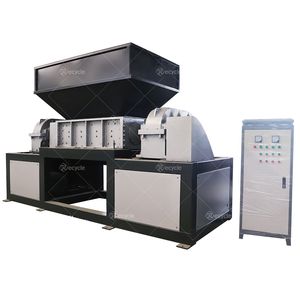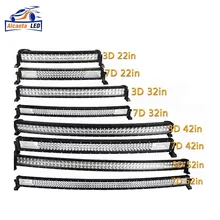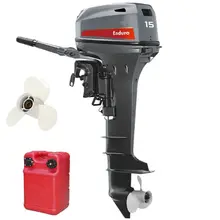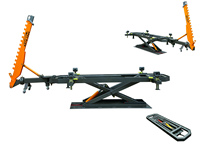The platform stands out as a significant player in the global trade of various products, including damaged cars. It operates as a wholesale marketplace, connecting buyers with manufacturers and suppliers directly. This direct connection can lead to more competitive pricing, as it allows for negotiation and potentially better deals than traditional retail channels.
The platform is accessible to anyone without the need for a company or special credentials, emphasizing its role in facilitating bulk purchases. For buyers interested in the damaged car market of Japan, the platform can be a valuable resource due to its extensive network of suppliers.
When navigating the platform for damaged cars, it's crucial to engage with multiple suppliers to understand the range of options and pricing available. The site's search and filter functions are instrumental in pinpointing the exact types of damaged cars that meet a buyer's business needs.
The platform's global reach and the volume of inquiries suppliers receive daily mean that clear, confident communication is essential. Buyers should be prepared to discuss their requirements and request detailed information, including pricing for different order sizes and product catalogs.
The role of the platform in the global car trade, particularly for damaged cars from Japan, offers a unique opportunity for buyers to source products in a market that might otherwise be inaccessible. By leveraging the infrastructure, buyers can potentially unlock value in a niche market and expand their business operations internationally.














































 浙公网安备 33010002000092号
浙公网安备 33010002000092号 浙B2-20120091-4
浙B2-20120091-4